Plenary Speakers

Professor Peter Solomon
Professor Peter Solomon started his research career in 1998 studying tomato diseases at the Carlsberg Laboratory in Denmark. In 2000, he took a position with the Australian Centre for Necrotrophic Fungal Pathogens at Murdoch University to work on solving specific wheat diseases plaguing Western Australia. In 2008, he accepted a Lab Leader position to start my lab in molecular plant pathology at The Australian National University where they have focused on understanding how fungal pathogens manipulate plant hosts to cause diseases that impact on economic and food security. These studies have generated over 150 research articles and have made significant progress in understanding the intricacies of plant-microbe interactions.
Together with his research on plant diseases, he is also the Director of the ARC Training Centre in Plant Biosecurity which is focused on training the next leaders and innovators to protect Australian agriculture and natural ecosystems from exotic pests and diseases.

Professor Sally Cripps
Professor Sally Cripps is an internationally recognized scholar and leader in Bayesian Machine Learning (ML) and Artificial Intelligence (AI). In addition to her role as Director of Technology at the Human Technology Institute she is a Professor of Mathematics and Statistics at the University of Technology Sydney. She has held a number of leadership positions in ML and AI. She was cofounder and co-director of the University of Sydney’s Centre for Translation Data Science (CTDS), she was founder and Director of the Australian Research Council’s Industrial Transformation Training Centre (ARC ITTC) Data Analytics for Resources and Environments (DARE). Most recently she was Research Director of Analytics and Decision Science and Science Director of the Next Gen AI Training Programme in CSIRO’s Data61. She was also chair of the International Bayesian Society for Bayesian Analysis (ISBA) section on Education and Research in practice. She has served as a board member for Climate Services for Agriculture in the Department of Water and the Environment and as a member of the Data Analytics Centre of NSW Health and Human Services Expert Working Group and the NSW Smart Cities Research & Academic Working Group.
This talk explores the how the use of different types of Artificial Intelligence, together with Bayesian reasoning, can accelerate our understanding of complex ecosystems and the impacts, both positive and negative, that humans have on those systems. We identify three interlocking activities – listening at scale, leveraging data and adaptively learning – that together will yield a Nature Positive future and transform the current practice of reactive regulation into the proactive, data‑driven stewardship of our natural resources.

Assoc Professor Claus Christophersen
Associate Professor Christophersen is a microbiologist specialising in the role of the gut microbiome in health and disease in the School of Medical & Health Sciences at Edith Cowan University.
As team leader at CSIRO Associate Professor Christophersen led the molecular gut microbiology capability, which he developed over recent years to close the gap and further the understanding of the complex interaction between the gut microbiome, diet and/or disease, and the host response. He utilizes in vitro and animal models and human intervention studies, and an integration of bacterial 16S rRNA sequencing, biochemical and physiological data using multivariate statistical analysis. Associate Professor Christophersen has published in highly esteemed journals (e.g. GUT) in many areas of gut microbiome research, i.e. obesity, effects of high protein diet, ulcerative colitis, irritable bowel syndrome, Gut-Brain Axis, athletes and other healthy cohorts. Through these studies he has an in-depth knowledge of microbial changes and the resulting changes of the gut environment and microbial fermentation following diet changes, diet supplementation or disease.
Invited Speakers
Diversify Inflammatory Pathways
Assoc Professor Juliana Hamzah
Assoc Professor Juliana Hamzah is Head of the Laboratory Targeted Drug Delivery, Imaging and Therapy at the Harry Perkins Institute and an Associate Professor at University of Western Australia. She has 20 years of research experience in developing targeted delivery technology platforms for diagnostic and treatment interventions in solid cancers and atherosclerotic cardiovascular disease.
Juliana’s current research program focuses on identifying the overlap in targeted therapy strategies for chronic inflammatory diseases including cancer and atherosclerotic cardiovascular disease. With over $6 million in highly competitive national funding, Juliana is currently leading the development of a drug to remove arterial blockages and improve blood circulation. She recently co-founded Atherid Therapeutics to advance this treatment into clinical trials.
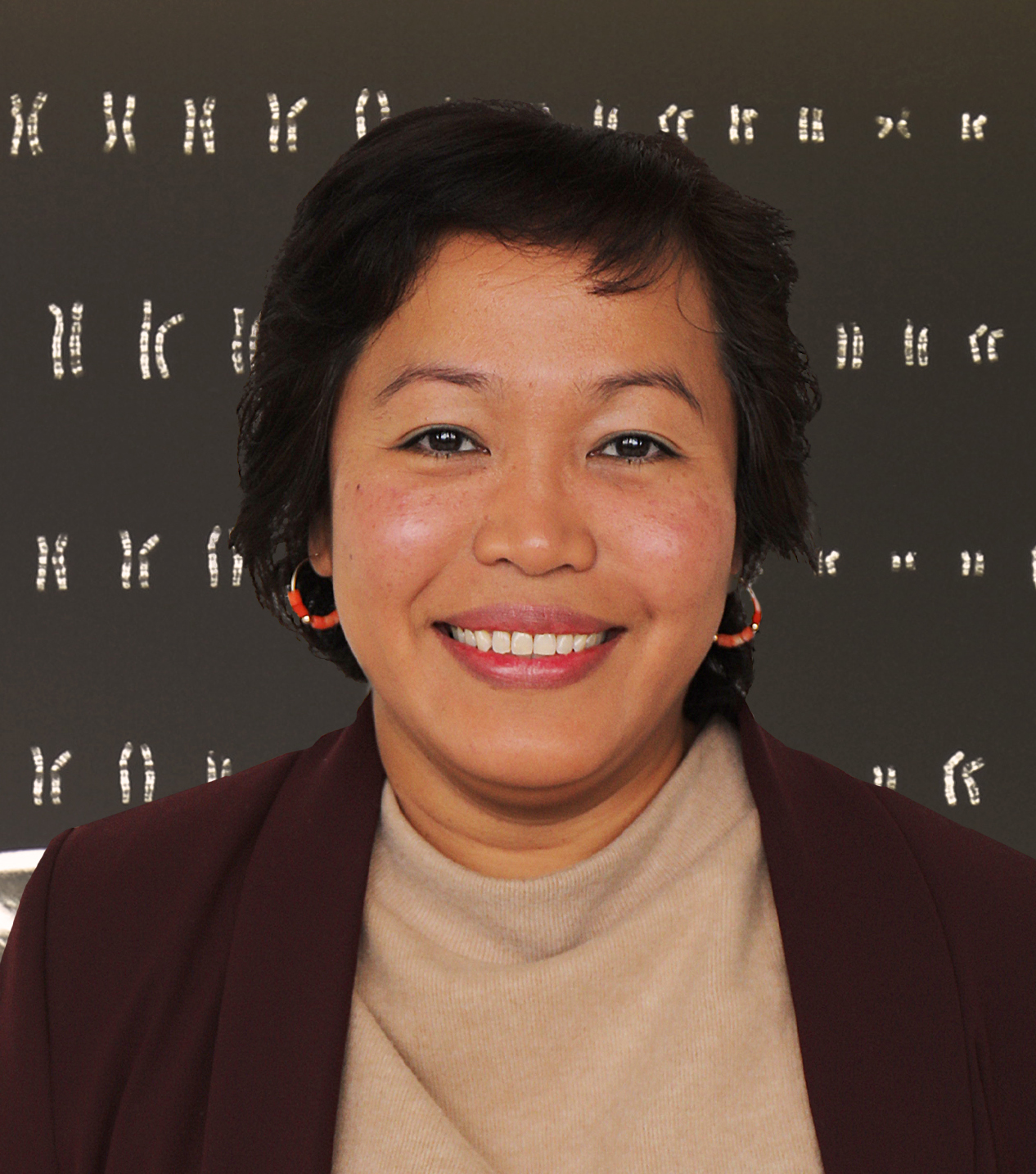
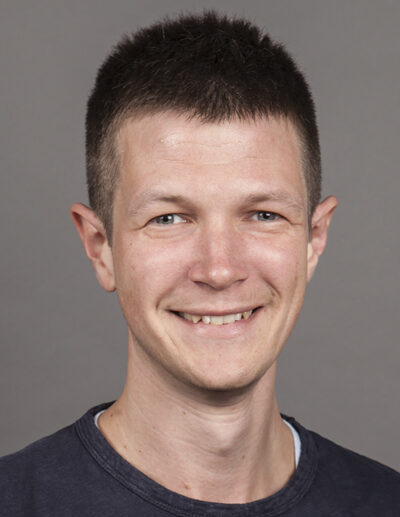
Dr Jonatan Leffler
Dr. Leffler leads the Translational Immunology team and is a senior research fellow at the Kids Research Institute and University of Western Australia. He completed his PhD at Lund University in Sweden on how the innate complement system and neutrophil extracellular traps were involved in the autoimmune disease SLE. He subsequently relocated to Perth and The Kids to assess the contribution of airway mucosal dendritic cells to development of asthma in an experimental asthma model.
He is currently investigating how the immune system responds to viral infections, its relevance for pediatric asthma and autoimmune disease and the role of sex hormones in modulating these responses. Much of his work is based on human cohort studies and evaluation of immune profiles using flow cytometry, functional in vitro assays as well as transcriptomic analysis of rare immune cell subsets.
Dr Shelly Waters
Dr. Shelley Waters is an accomplished early-career researcher specialising in cardiovascular sciences and infectious diseases. She completed her PhD under the supervision of A/Prof Patricia Price at Curtin University in 2023 which focused cytomegalovirus (CMV).
She is currently serving as a Research Associate at the University of Western Australia and Harry Perkins Medical Research Institute where she is involved in cardiovascular sciences and obesity research while also maintaining active collaborations in CMV research through her adjunct position at Curtin University.
Her novel work includes the first demonstration that CMV-encoded microRNAs can be detected in human saliva samples, development of novel methods for deep sequencing CMV genes directly from clinical specimens, and identification of genetic variants in CMV immunomodulatory genes that influence host immune responses.
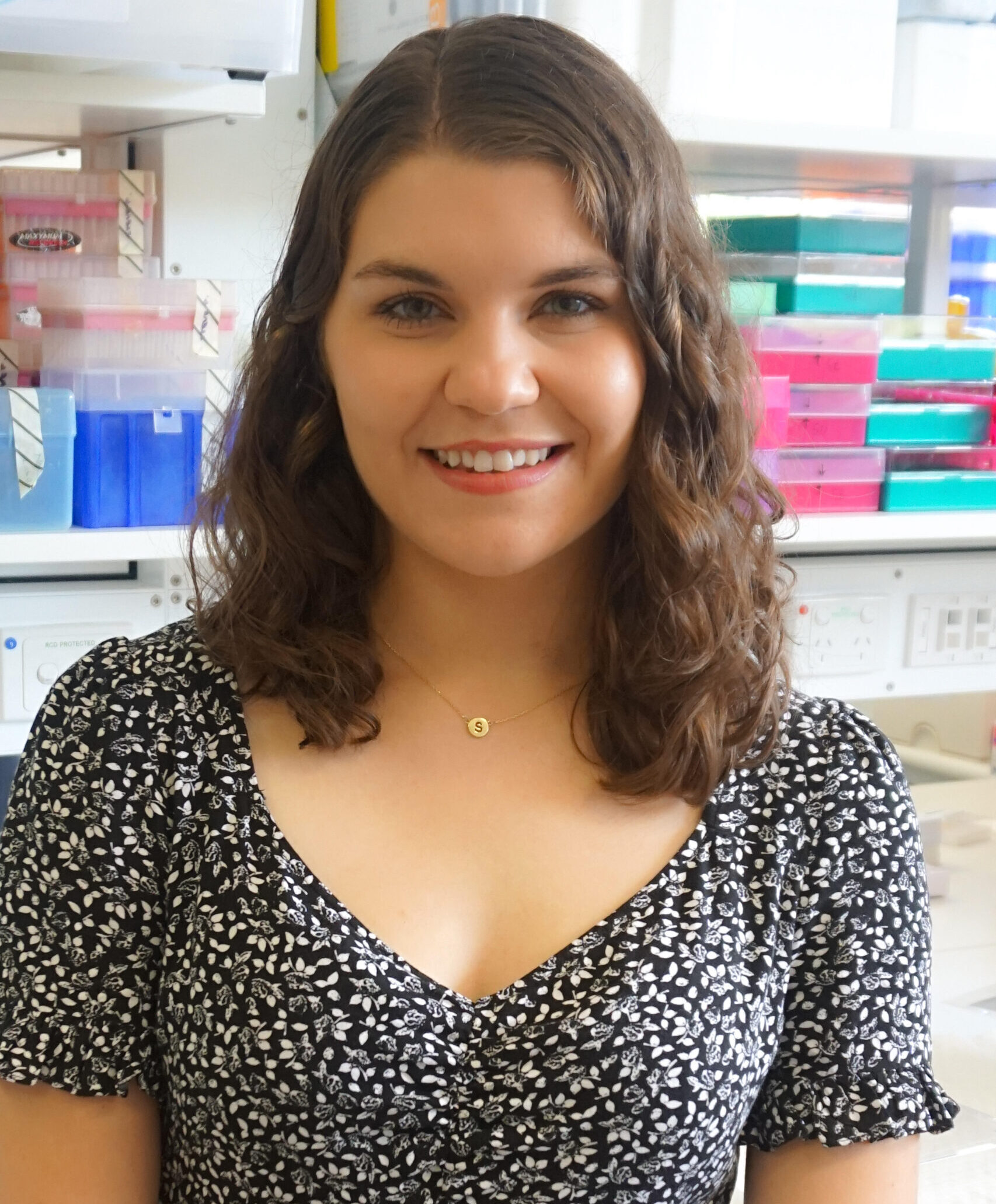
Biodiversity
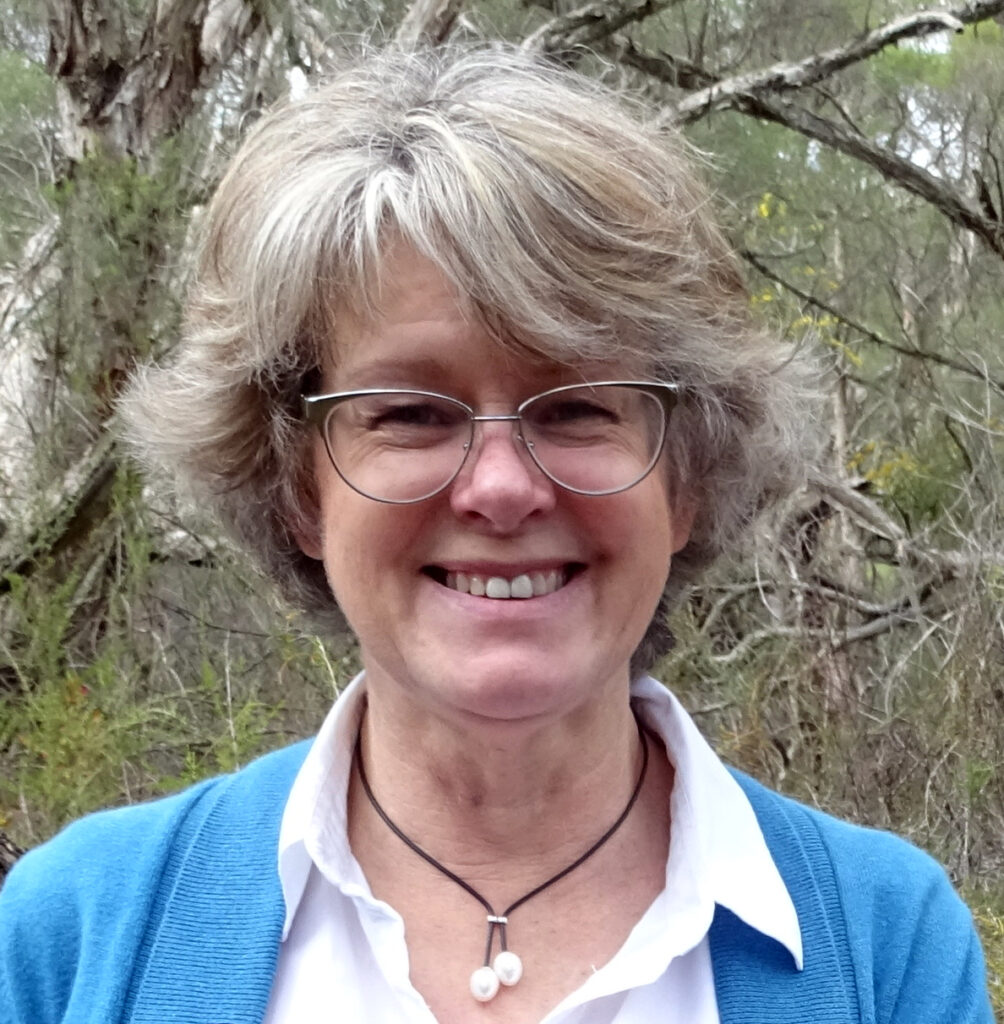
Dr Jane Chambers
Dr Jane Chambers is a Senior Lecturer in Environmental Science, Management and Sustainability at Murdoch University with over 30 years research, management and teaching experience in wetlands, rivers and estuaries in South Western Australia. She is also the Director of NatureLink Perth, a community of practice which provides a hub for organisations to collaborate, share knowledge and promote the transition of Perth to a nature-linked city.
Dr James Lloyd
Dr James P B Lloyd, is a group leader of the Genome Read and Re-write lab at University of Western Australia’s School of Molecular Sciences and Australian Research Council Centre of Excellence in Plants for Space.
A geneticist interested in synthetic biology, RNA biology and epigenetics. Since 2018, I have been a Research Fellow at the University of Western Australia, working with Prof Ryan Lister creating synthetic gene circuits for plants.
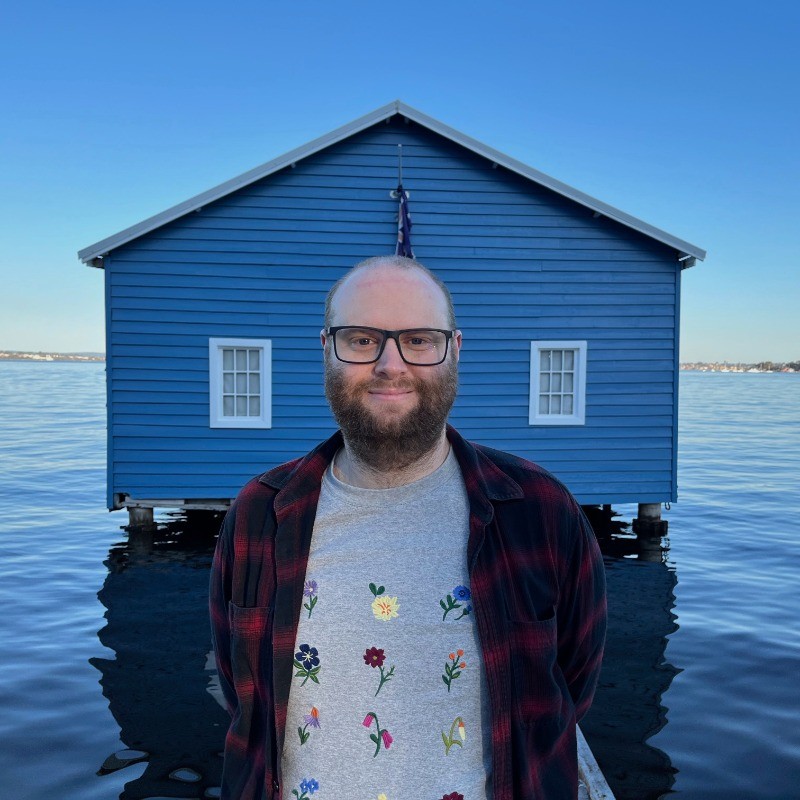
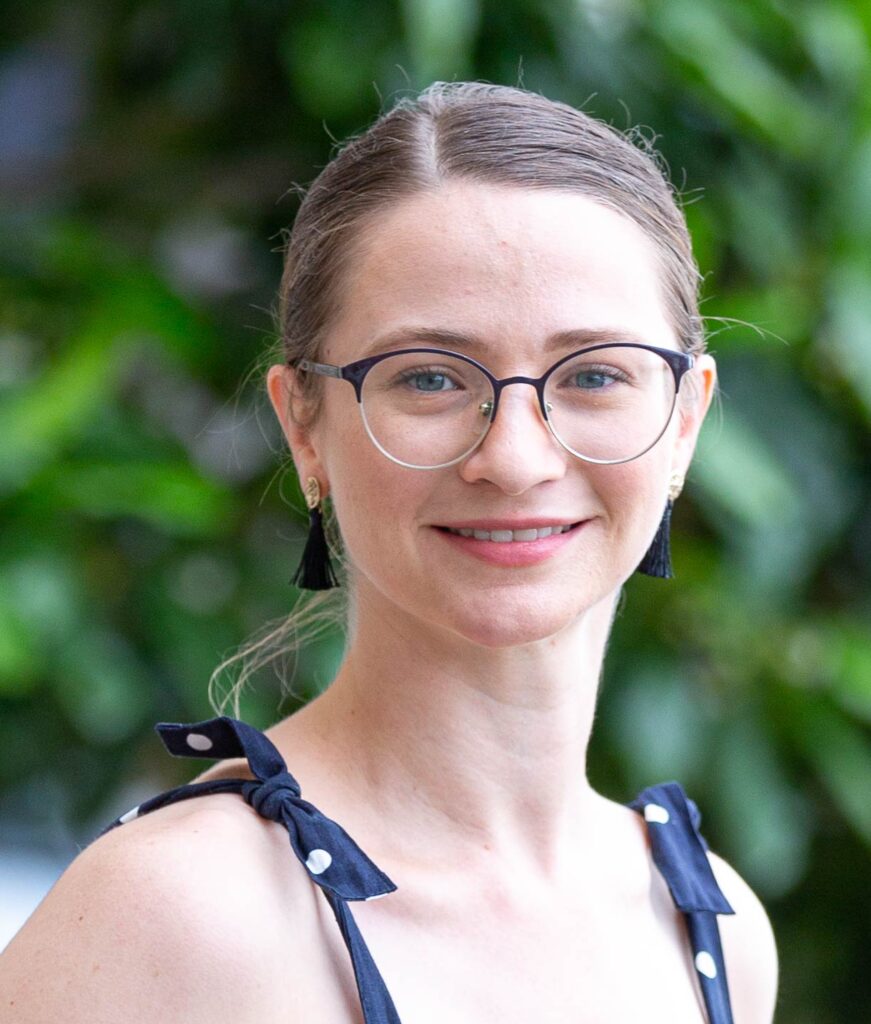
Dr. Elizabeth Czislowski
Dr Elizabeth Czislowski is an emerging leader in molecular plant pathology and fungal biology and is currently a Research Fellow at the Centre for Crop Disease Management. Since completing her PhD, Dr Czislowski has developed a strong research profile focused on innovative crop protection technologies, including RNA interference, nanoparticle-based fungicides, and the discovery of novel fungicide targets. Her research is dedicated to leveraging advanced molecular biology tools to address the global challenge of fungal pathogens, contributing to the sustainability and productivity of agricultural systems in Australia and beyond.
Cell and Developmental Biology
Assoc Professor Holly Chinnery
Assoc Professor Holly Chinnery is the inaugural Ian Constable Research Fellow and Head of the Cornea and Ocular Surface Immunology lab at The Lions Eye Institute and The Department of Optometry and Vision Science at UWA. Her research interests include ocular immunology and corneal neuroimmunology, and she is a co-inventor of Fun-IVCM, a method that enables the dynamic visualization of T cells and dendritic cells in the corneal epithelium, and novel investigations of dynamic macrophage behaviours in the cornea of living humans.
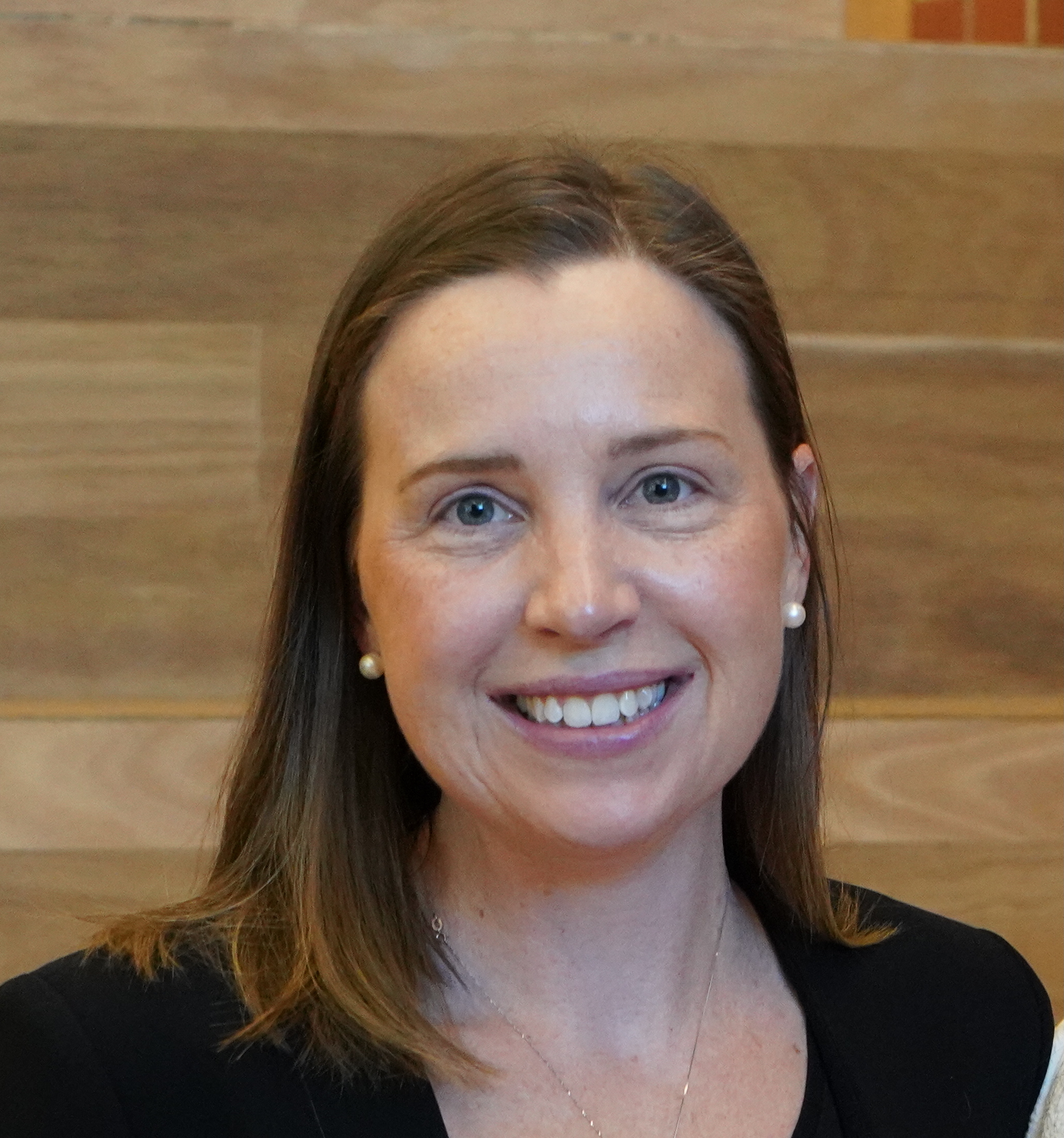
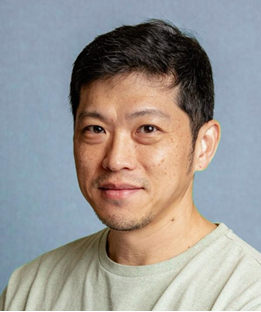
Assoc Professor Yu Suk Choi
Yu Suk Choi is an Associate Professor leading a multidisciplinary ‘cell mechanobiology lab’ at the School of Human Sciences, the University of Western Australia.
His lab focuses on 1) better mechanical biomimicry of tissue using hydrogel and 2) cell-ECM interaction to study cellular mechanosensation. His interdisciplinary skills in adult stem cells, biomaterial fabrication, and mechanobiology were developed during his postdoc training at UC San Diego Bioengineering (2010-2013) and research fellow at the University of Sydney (2013-2015).
His team recently expanded its expertise in hydrogel fabrication and mechanotransduction to understand diseases such as cancer, asthma, heart attack and more.
Dr Kai Chen
Dr Kai Chen is an ARC Early Career Fellow and Group Leader at School of Biomedical Sciences, UWA. With a clinical background in orthopaedic surgery and a PhD in skeletal biology, he leads a multidisciplinary research program at the intersection of biology, imaging, and medicine. His lab develops cutting-edge spatial technologies to visualise metabolism and drug transport in vivo at nanoscale resolution, with applications in bone biology, metabolic disorders, and RNA therapeutics. Since establishing his laboratory in 2023, Dr Chen has secured over $2.2 million as CIA in competitive research funding from the ARC, NHMRC, Raine Foundation, Cancer Council WA, and the WA FHRI Fund. He has published over 50 peer-reviewed papers and collaborates extensively with academic and industry partners worldwide.
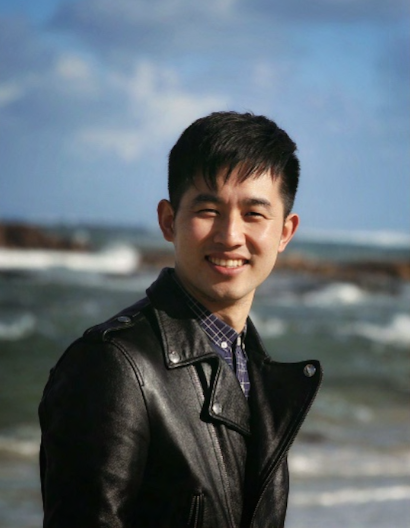
Frontiers in Genetics
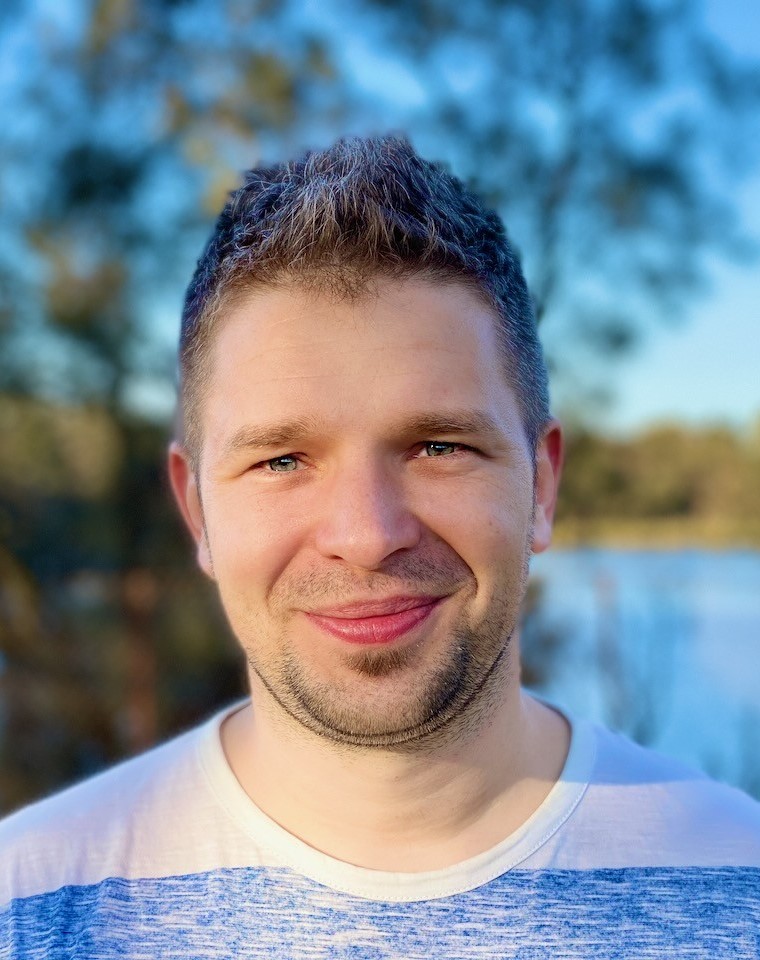
Dr Christian Pflueger
Dr. Pflueger is an emerging leader at the Harry Perkins Institute of Medical Research and a senior research fellow at the University of Western Australia. He completed his PhD at the University of Utah on epigenetic changes during germ cell maturation before moving to Perth to work with Professor Ryan Lister, a pioneer in genome-wide epigenetics.
Christian’s research focuses on developing and applying epigenome editing technologies to understand how chromatin modifications control gene regulation, with the long-term aim of translating these tools into therapeutic strategies. He has published widely, from Nucleic Acid Research, Nature Genetics to Cell, and his open-source epimodifier tools are distributed globally through Addgene.
Dr Rhonda Taylor
Dr. Taylor leads the Disease Models and Therapies team at the Harry Perkins institute of medical research. Dr Taylor’s research is focussed on developing tools and treatments for severe, rare and currently incurable genetic muscle diseases. Specifically, her team has two main aims; (1) developing new cell, organoid and humanised animal models to better understand muscle disease, and (2) designing new treatments for muscle disease, which can be tested in these patient-centric models. Dr Taylor collaborates with world leading scientists, actively engages with patients and consumer advocacy groups and is committed to research integrity.
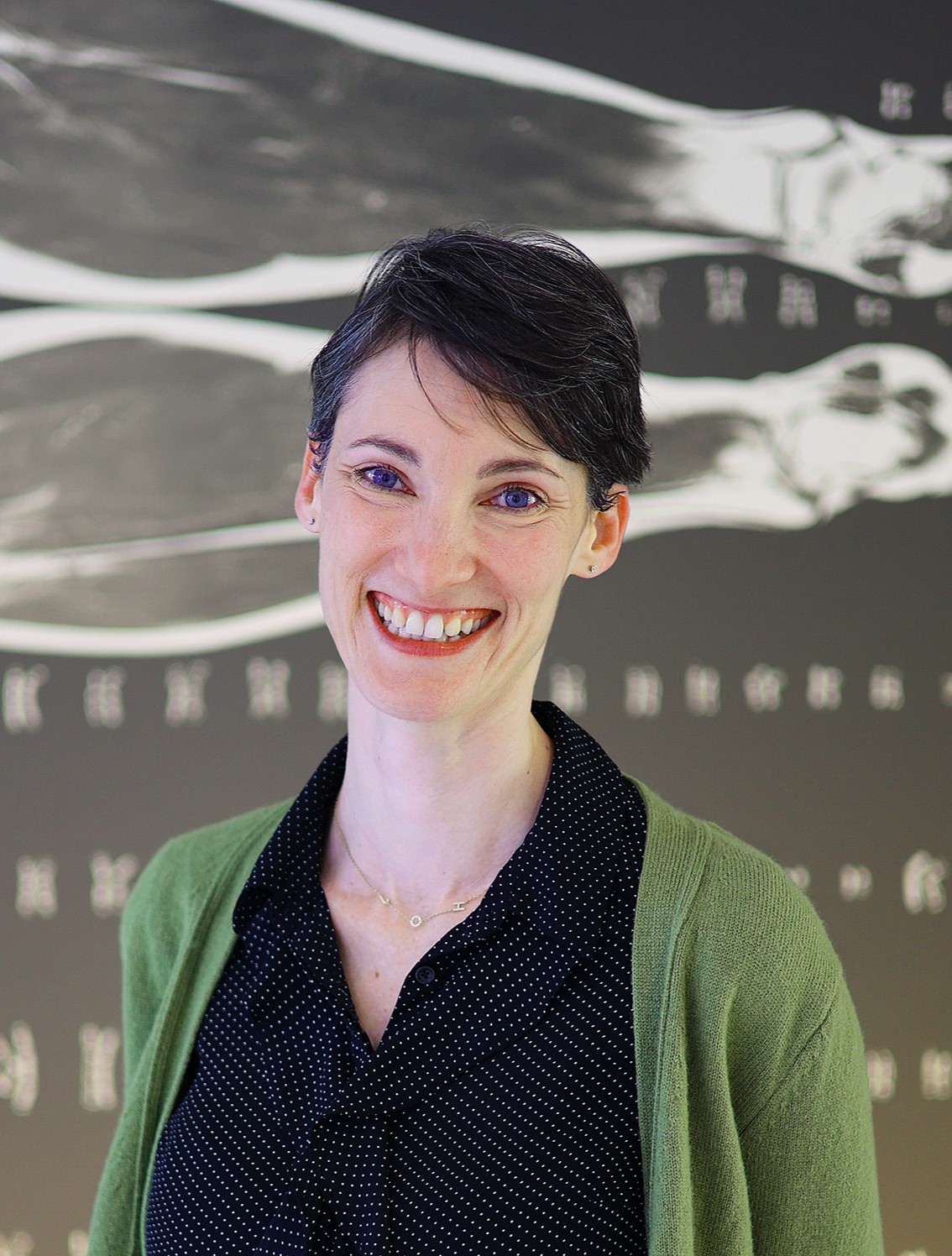
OceanOmics

Dr Philipp Bayer
Dr Philipp Bayer is a bioinformatician focusing on trust in eDNA data at OceanOmics, Minderoo Foundation. His role spans development of new bioinformatics methods from training deep learning models to inventing new ways of assessing eDNA-based fish sightings. He currently leads research into deep learning-based ecosystem assessments and trustable, reproducible eDNA analysis pipeline development.
Ms Marcelle Ayad
Marcelle Ayad is a molecular ecologist specialising in environmental DNA (eDNA) at OceanOmics, Minderoo Foundation in Perth, Western Australia. Her role spans scaling eDNA sample collection through novel instrumentation, building capacity with partners and citizen science programs, and developing molecular methods and workflows to extract more information from eDNA datasets. Marcelle has led and supported major field efforts, including thousands of samples collected along Australia’s south-west coastline and campaigns at the Indian Ocean Territories, contributing significantly to a collaboration with Parks Australia that aims to integrate eDNA data into marine park monitoring and conservation.

More speakers to be announced – please check back soon!
